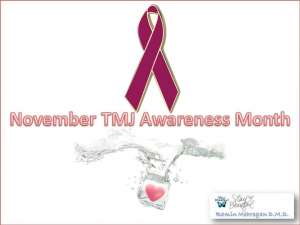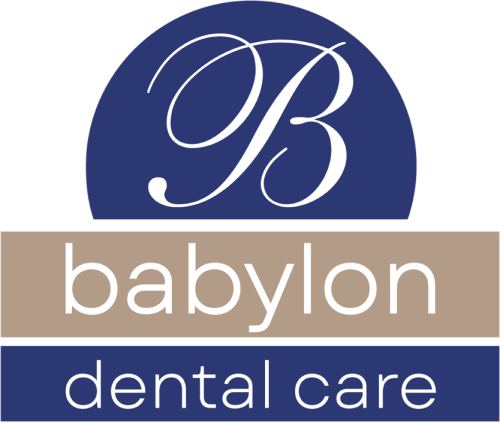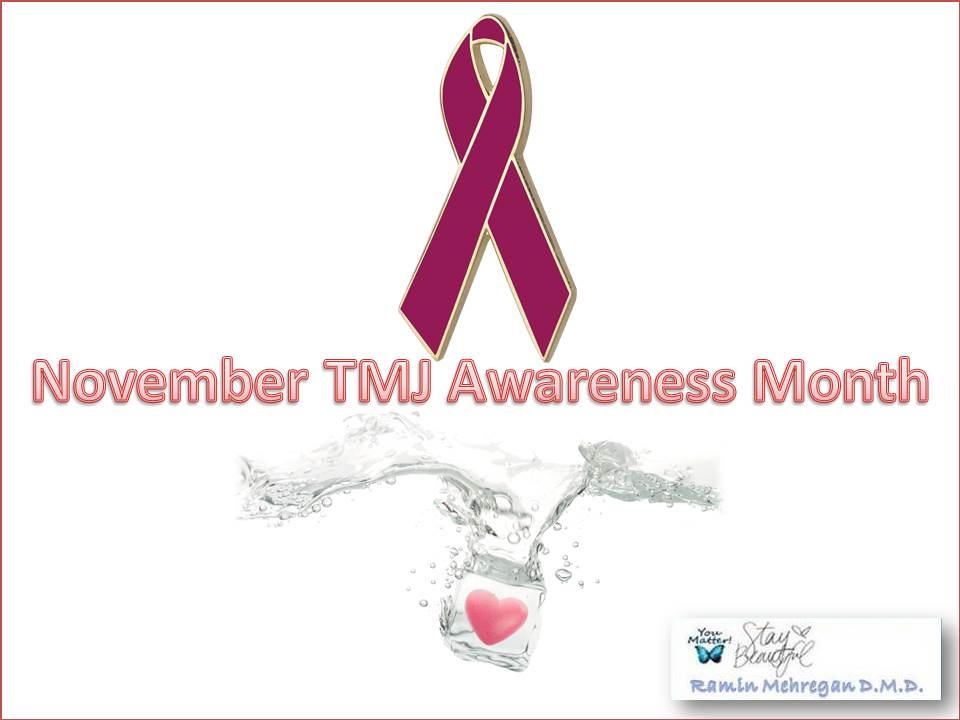On September 30, 1997, Massachusetts Representative Barney Frank called attention to the designation that coming November and all future Novembers as Jaw Joints-TMJ Awareness Month. Frank stated that TMJ was not one of the better-known abbreviations, but noted that temporomandibular joint (TMJ) disorders were among the more painful and least understood disorders affecting millions of people.
 Mr. Frank also noted that jaw joints “are the pathway for motor and sensory activities to and from the brain to the rest of the body.” The TMJ Association, Ltd. (TMJA), a 501(c)(3) nonprofit organization, states that approximately 35 million people are living with TMJ symptoms and pain.
Mr. Frank also noted that jaw joints “are the pathway for motor and sensory activities to and from the brain to the rest of the body.” The TMJ Association, Ltd. (TMJA), a 501(c)(3) nonprofit organization, states that approximately 35 million people are living with TMJ symptoms and pain.
The TMJ is essentially a sliding hinge that connects your jawbone to your skull. There is one TMJ on each side of your jaw.
When a person has a TMJ disorder, it can cause pain in their jaw joints and the muscles controlling jaw movement. Certain signs or symptoms of TMJ disorders could include, but are not limited to:
- Pain or tenderness in the TMJ or jaw
- Joint sounds such as clicking or popping
- Pain in temporomandibular joints
- Limitations in jaw movement
- Aching pain in and around the ear
- Tension in face or neck
- Pain while chewing or inability to chew
- Headaches
- Locking of joint creating difficulty opening or closing mouth
The causes of TMJ disorders are not well understood or easy to determine. Some cases could involve a combination of possible factors, including jaw injuries or possibly genetics.
Arthritis, dislocation, and other injuries could all be causes of TMJ disorders. Grinding of teeth or tooth or jaw alignment can also be factors in these cases.
The Mayo Clinic states that TMJ disorders may occur when a disk erodes or moves out of its proper alignment, a joint’s cartilage is damaged by arthritis, or the joint is damaged by a blow or other impact. The Mayo Clinic also states that the cause of TMJ disorders is unclear in many cases.
The good news is that most TMJ disorders can be relieved without any need for surgery. You may simply have to eat softer foods, avoid certain repetitive functions, or use heat packs to treat your TMJ disorder.
You may also practice certain jaw relaxation techniques to reduce tension. A dentist could also recommend exercises that strengthen jaw muscles.
Some people could be prescribed medications such as analgesics, anti-inflammatories, anti-anxiety drugs, or muscle relaxants. A night guard or bite plate could also be used to decrease clenching or grinding during sleep.
Surgical intervention such as arthrocentesis or arthroscopy is rarely required for TMJ disorders. When you believe that you may be dealing with a TMJ disorder, you should make an effort to avoid overworking your jaw and attempt to implement a much milder exercise routine that may incorporate certain stress-reducing techniques.
Babylon Dental Care can assist you with the treatment of a TMJ disorder and help you regain your normal jaw function. We can discuss all of your options with you as soon as you call (631) 983-6665 or contact us online today.




